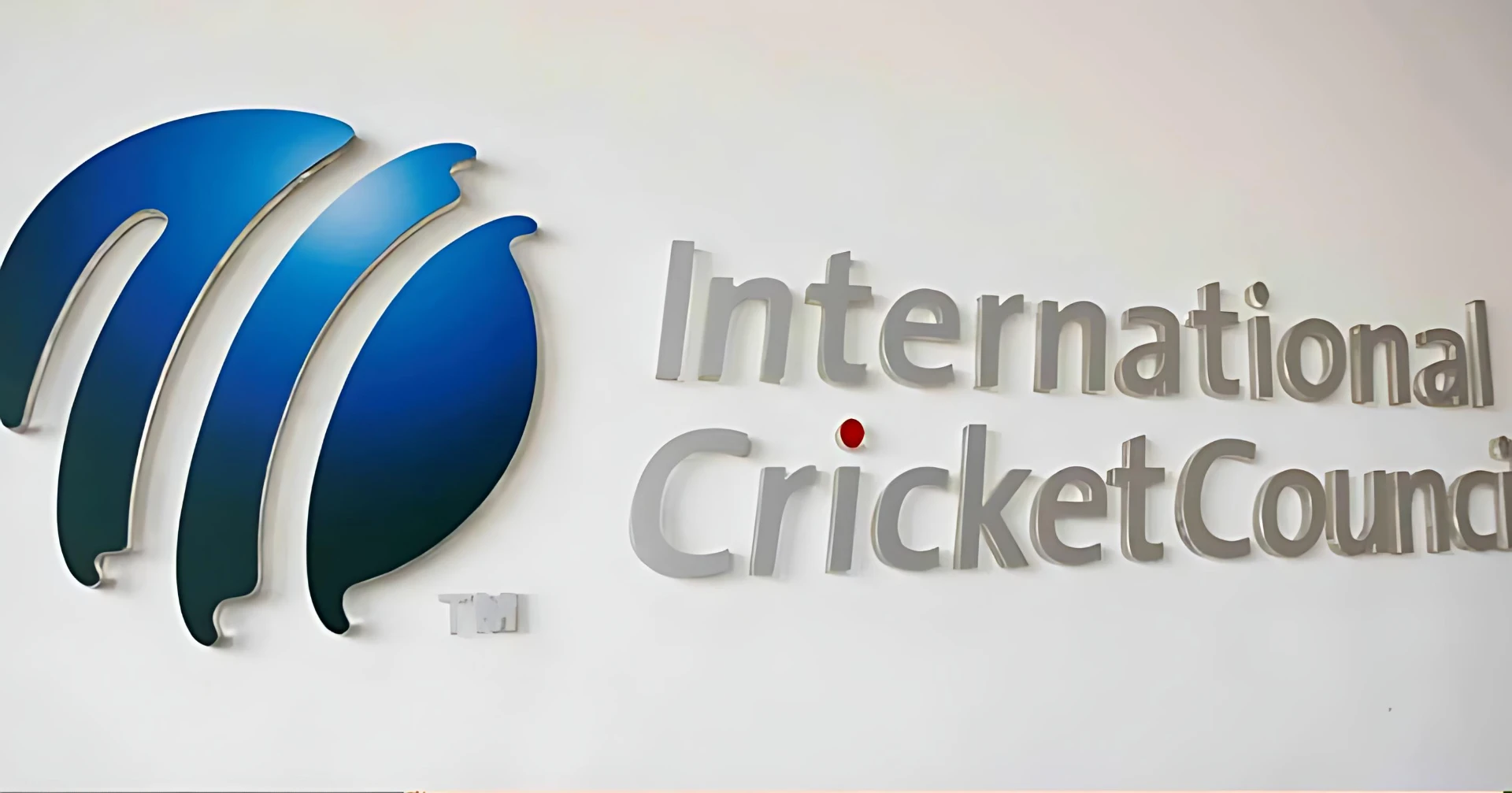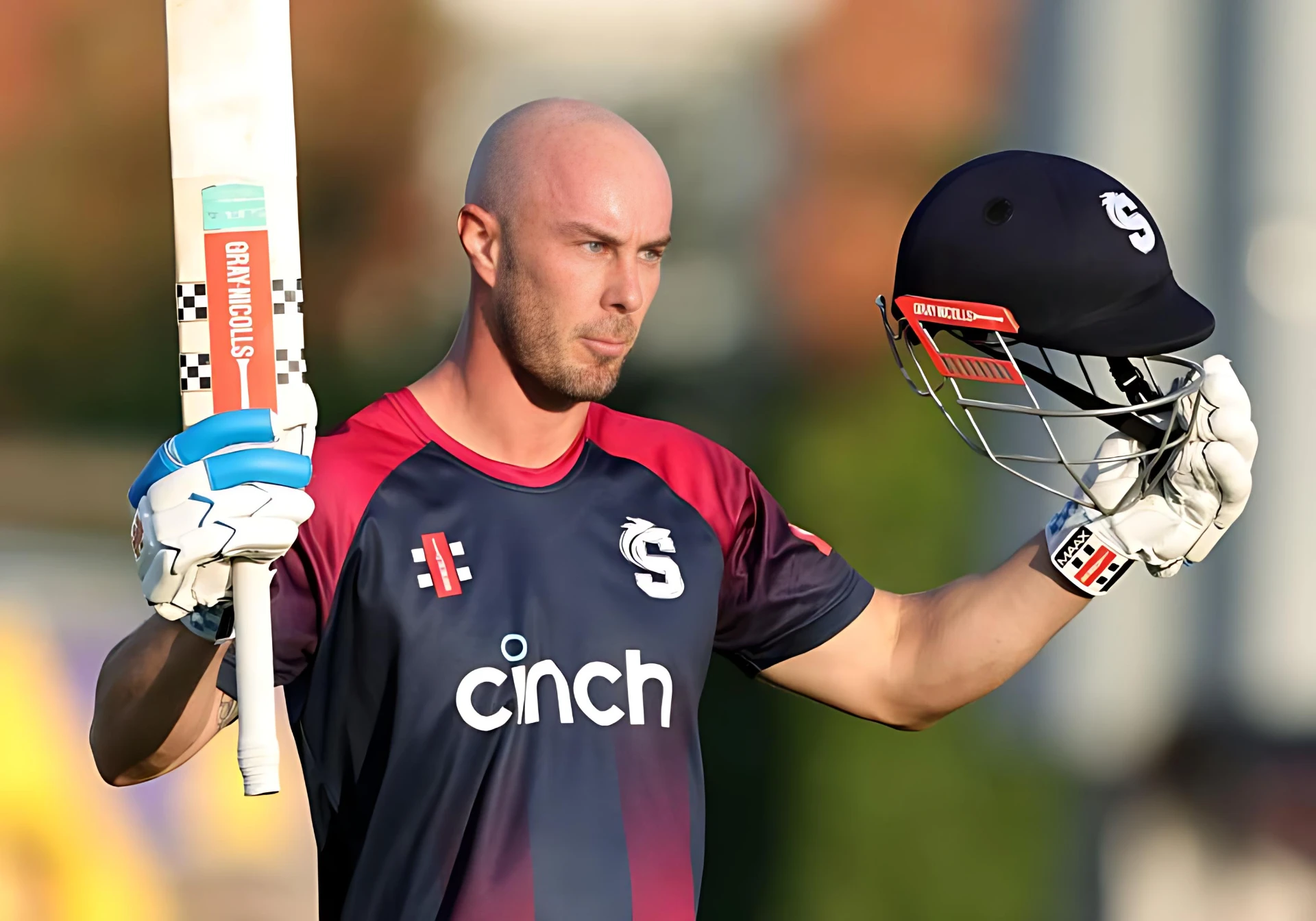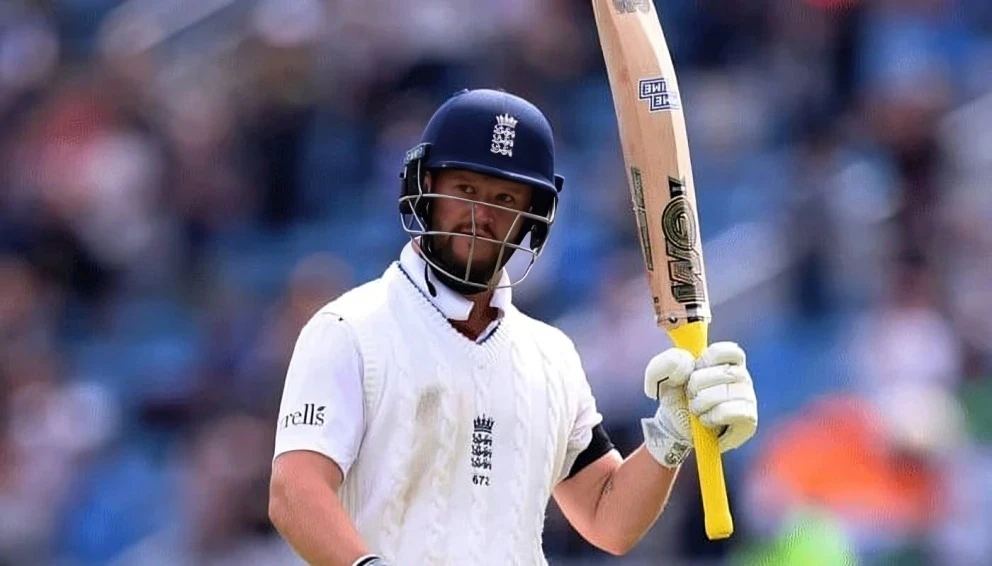Dubai: The International Cricket Council (ICC) has unveiled sweeping changes across Test, ODI, and T20 formats to improve fairness, decision-making, and match flow. These new rules, partly active in the 2025–27 World Test Championship, will fully take effect in white-ball matches from July 2.
Among the changes, the stop clock—already used in limited-overs games—has now been extended to Tests, requiring teams to start a new over within 60 seconds. After two warnings, a five-run penalty will be imposed, with resets every 80 overs. DRS rules have also been revised: if a batter is given out caught behind but Ultra Edge shows pad contact, the ‘out’ call now stands for ball-tracking.
This means even an umpire’s call on LBW can result in dismissal. The ICC also clarified that multiple incidents in one ball will be reviewed in the order in which they occurred. Catches on no-balls must still be reviewed, and if clean, only one run is awarded. New sanctions for deliberate short runs let fielding captains choose the next batter to face to prevent misuse.
Saliva remains banned on the ball, but umpires need not change it unless its condition alters. Similar to concussion substitutes, full-time replacements for visible injuries are now allowed in first-class cricket.
The ICC has circulated these changes to all member boards, reflecting ongoing efforts to modernize the game while preserving its integrity.








